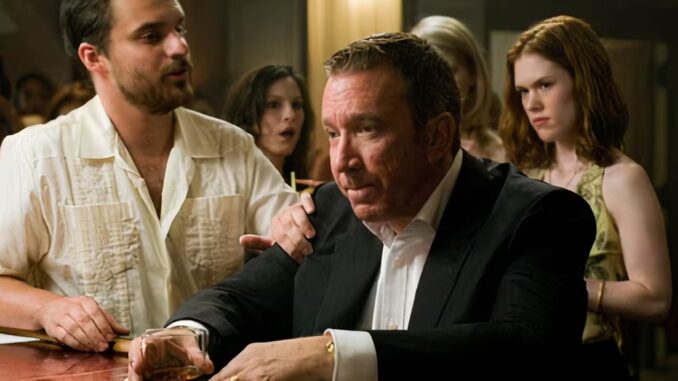
The list of anticipated 2025 movie releases grows every single day with new announcements and new sleeper hits popping up out of nowhere, but one of the leaders of the pack from the very beginning has been the long-awaited legacy sequel, Karate Kid: Legends. Some of the more classic and often-revisited examples are Bruce Lee’s Fist of Fury, Jet Li’s Fearless, and Ang Lee’s Crouching Tiger, Hidden Dragon, and rightfully so. Yet, one movie from 2008 is one of the most underrated marital arts movies: Redbelt.
Redbelt is a highly underrated movie by master scribe David Mamet. The film is an outlier and an underdog for a multitude of reasons beyond just being from the western hemisphere. Redbelt was a box office bomb, a moderate critical failure, and a step outside the comfort zone of everyone involved. Despite all of this, and against all odds, the film is a forgotten gem and remains one of the greatest martial arts films of all time.
Redbelt Was a Long Time Coming
While it seems sacrilegious to say that an American film ranks among the best martial arts films of all time, it is a perfectly valid assertion to make for a film as masterful as Redbelt. The film has a pitch-perfect cast and crew, and tells a story both on and off the silver screen. Redbelt was helmed by the Pulitzer Prize-winning writer, David Mamet, who has long been established as one of the greatest playwrights and screenwriters of all time. He has penned iconic films such as The Untouchables and Hannibal, but is perhaps best known for being the original playwright behind Glengarry Glen Ross (for which he won his Pulitzer Prize).
By the year 2008, when Redbelt hit cinemas, David Mamet had made the jump from purely writing film screenplays to directing films himself. He tried his hand at a variety of genres, including period piece drama, full-blown action, and screwball comedy, but undoubtedly found his home in the crime thriller niche. Mamet’s contributions to this subgenre include House of Games, The Spanish Prisoner, and Homicide, all of which are fantastic and mind-bending entries in the cinematic canon, but by 2008, he had seemingly matured past the need for smoke and mirrors.